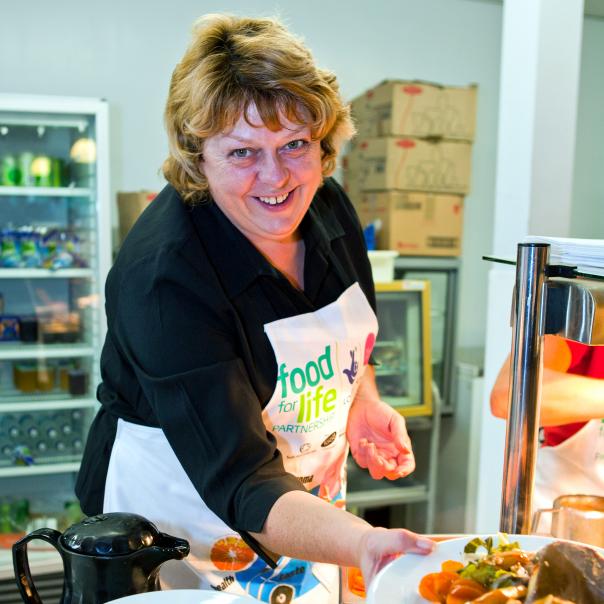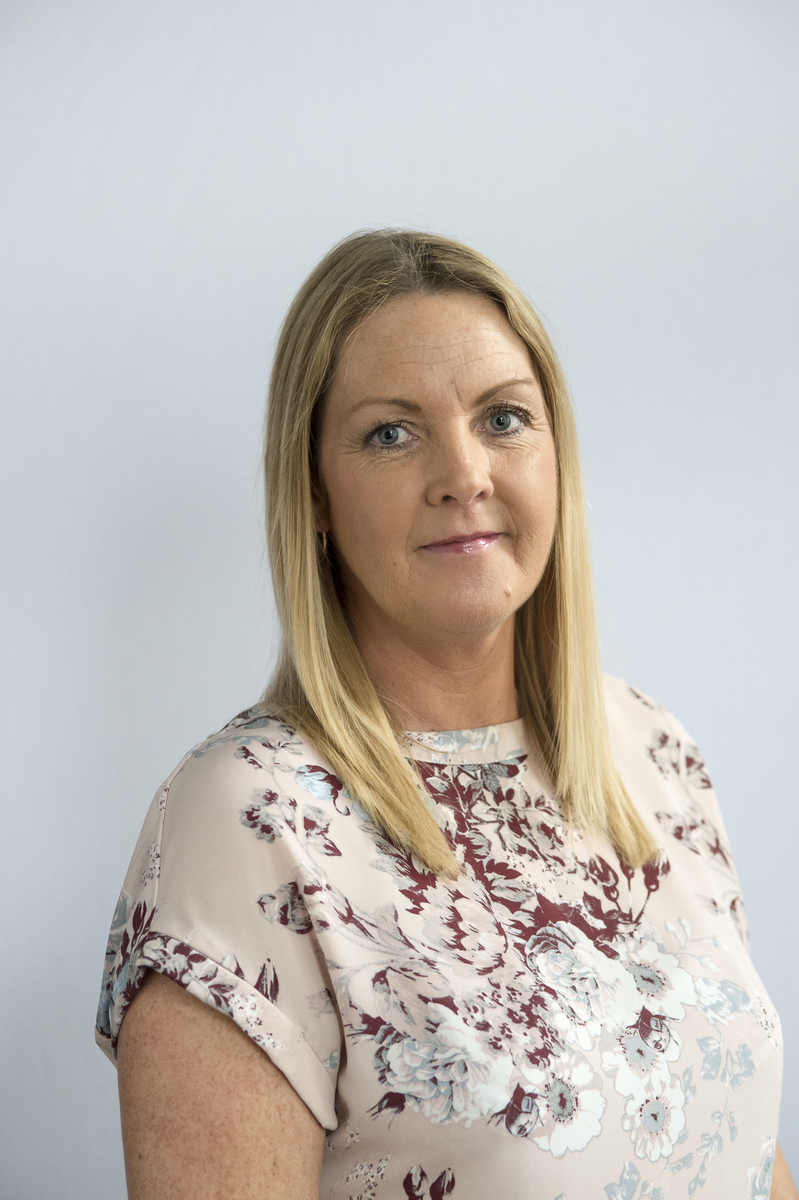School Food Plan Alliance - the work goes on

David Foad: What's happened since April when the School Food Plan ceased to exist and the alliance was launched?
Linda Cregan: Once the expert panel realised the SFP would no longer get the funding, we reflected on all this great material we had gathered together and we looked at what the options were. That's how the Alliance was brought together, the feeling that the SFP shouldn't just be left. The collaboration we wanted to keep, so we decided the expert panel would form an alliance – it represents a desire to have a representative voice for everyone. LACA, for example, has thousands of members and we needed to keep that influence.
Jeanette Orrey: The SFP had brought the industry together and that was too precious a thing to let go – the power and passion everyone involved has for the school meals industry. It’s important to remember that everyone on the alliance is doing this work voluntarily.
DF: Why have co-chairs rather than a single chair?
JO: Linda and I are both very passionate and I think the adage is that two heads are better than one. We’ve both got very busy day jobs, but we’re happy working together and at the moment it works.
LC: It shows the benefit of collaboration, which is what the alliance is all about. It helps that we’re both from a catering background and have know how schools meals works.
DF: What are the aims of the School Food Plan Alliance?
LC: The SFP has done so much, but clearly there is still a lot more to do, such as evaluating what's been achieved and talking to the delivery groups about what more needs to be done. There is so much material and advice on the website, for instance, and we’re discussing with the Department for Education (DfE) about letting us continue to use the website and resources on it. As it’s a government website this is not a straight-forward mater, but we’re hopeful and the DfE is very supportive of the alliance because they see us as a valuable voice that represents the industry.
JO: It’s important to look at the actions in the SFP; how far have we got with them? For example, there are 4,000 academies that don't follow the school food standards.
DF: What's your strategy?
JO: We have a communications group, but we're not the SFP office, we're the alliance. We don't have the funding or a budget. We've got a commitment from all members of the alliance that they will do what they can to get messages out and talk about what's happening and let people know about all the good things that are taking place. In many cases it’s simply a case of letting people know the SFP resources – case studies, best practice examples etc – are still there.
LC: Those organisations that are doing their own activities around the SFP action points and the alliance can compare notes to make sure we’re getting a consistent message out. One example of where this has worked is that Roast Dinner Day has now become a fixed part of National School Meals Week every year.

DF: What’s your reaction to the government's Childhood Obesity Plan
LC: It’s worth saying that the obesity plan is far wider than school food, so each of the organisations on the alliance will have their own view on
the wider picture. We're glad that it’s still talking about school food, funding for breakfast clubs, school food standards. The Healthy Schools initiative looks to be a very important part of the Plan, though we’re still not sure why its only looking at primary schools. And we’re very disappointed they haven’t taken the chance to close the loophole that allows 4,000 academies to opt of complying with school food standards. The SFP tried to approach these academies and encourage them to sign up to the standards voluntarily, but with limited success. However, the Alliance will be very happy to continue talking to government about all these issues, and this dialogue is important.
DF: Is Public Health England's aim to cut 20% of the sugar in food and drinks consumed by children achievable?
JO: We have to realise that school meals are cooked for only 190 days, but the 20% figure will be spread across every meal, every day. That means, as school caterers, our ability to influence what children eat is limited. However, if you look at the very quick way the school food industry reacted to the reformulation and packaging needed to meet school standards, that shows you just what can be achieved and is an example for the rest of the industry. The organisations within the SFPA do already operate and engage with retail side and we’re happy to let them continue to do that because we've got enough on our plate just keeping a focus on the SFP.
DF: What can we look forward to from the Alliance in 2017?
LC: We do have actions outlined in the government’s Childhood Obesity Plan and we have a responsibility to move forward as each of the actions supports what’s in the school food plan. We will continue to push the government forward on evaluations, and support initiatives such as Magic Breakfast and the establishment of London Food Boroughs. The Alliance is now established as a group and it’s a case of letting schools know that support is still available.
JO: School meals are still here and more and more evaluation of the benefits they provide is coming out in support of them.
The Alliance consists of
§ Childrens Food Trust (Linda Cregan, Co-Chair)
§ Food for Life (Jeanette Orrey MBE, Co-Chair)
§ LACA
§ UNISON
§ Magic Breakfast
§ APSE
§ NAHT
§ School Food Matters
§ Jamie Oliver Foundation
§ Federation of Wholesale Distributors
§ Representative from the APPG Chair
§ SCOTY Winner
§ Business Service Association
§ Local Government Association
§ National Child Measurement Programme
§ Royal Academy for Culinary Arts
§ National Association of Small Schools
The Alliance also includes: 2 Academics; Elygra Marketing Services (support the Alliance on admin and Communications) & it is currently seeking representatives from:
§ National Association of School Business Managers
§ National Governors Association
